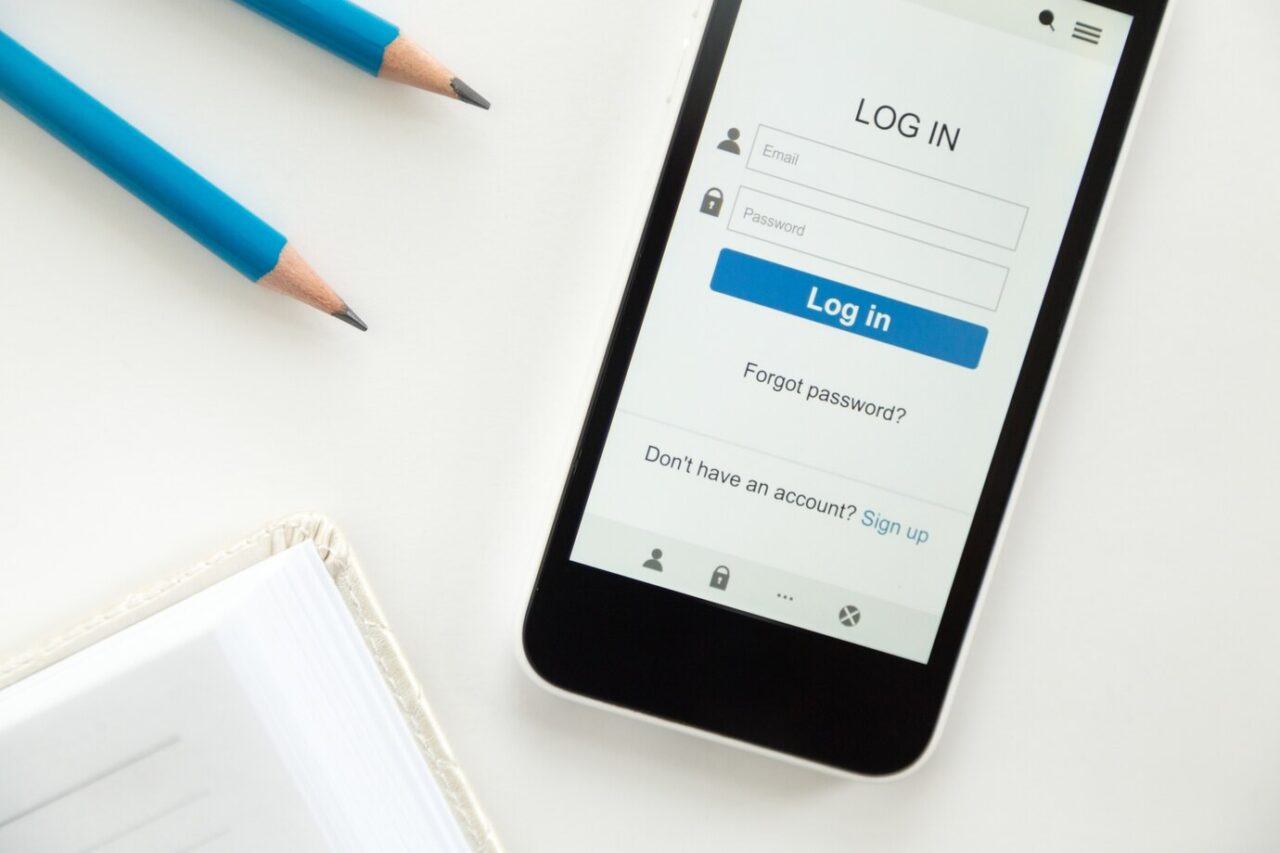In the world of business financing, transparency and trust are the cornerstones of a successful partnership. At Onebox Funding, we understand that securing a business loan or a cash advance is a significant step for entrepreneurs, and we’re committed to making the process seamless and worry-free. One key aspect of our funding process that often raises questions is bank verification. In this article, we’ll delve into the importance of bank verification, assuaging any concerns you may have and shedding light on the crucial role it plays in ensuring a robust and secure funding experience.
Why Bank Verification Matters?
Bank verification is a critical step in the funding process, serving two primary purposes: validating the accuracy of the financial information provided by the client and ensuring the integrity of the financial landscape. Let’s explore these aspects in detail.
- Ensuring Accuracy in Financial Statements:
One of the main reasons we incorporate bank verification is to validate the financial statements provided during the underwriting process. This verification step helps confirm the accuracy of the information supplied, giving both Onebox Funding and the client confidence in the financial data being used to assess eligibility. This meticulous process safeguards against unintentional errors, promoting a more accurate representation of the business’s financial health.
- Preventing Overlapping Funding:
In the dynamic world of business finance, it’s crucial to prevent any overlapping funding that could potentially strain a business’s financial stability. Bank verification allows us to ensure that no other funding has been acquired in the current month, providing a comprehensive picture of the client’s financial commitments. This, in turn, aids in responsible lending practices, safeguarding the financial well-being of the business seeking funding.
Potential Concerns:
We understand that sharing sensitive financial information can be a cause for concern. However, rest assured that Onebox Funding prioritizes the security and privacy of your data. We partner with trusted third-party verification companies like Plaid and Decision Logic, ensuring a secure and seamless process. These industry leaders specialize in bank verification services, employing robust security measures to protect your information.
Key Benefits of Bank Verification with Onebox Funding:
- Streamlined Process: Bank verification enhances the efficiency of the funding process, reducing the time it takes to approve and disburse funds.
- Enhanced Trust: By incorporating bank verification, Onebox Funding demonstrates its commitment to transparency, fostering trust between us and our clients.
- Secure Technology: Our partnership with leading verification companies such as DecisionLogic and Plaid ensures the use of cutting-edge, secure technology to protect your sensitive financial data.
Conclusion:
At Onebox Funding, we view bank verification as a tool to empower businesses on their financial journey. By ensuring the accuracy of financial statements and preventing overlapping funding, we pave the way for a transparent, efficient, and secure funding process. Your financial well-being is our priority, and bank verification is a crucial step in building a foundation of trust between us and our clients. Partner with Onebox Funding, and let’s navigate the path to financial success together









